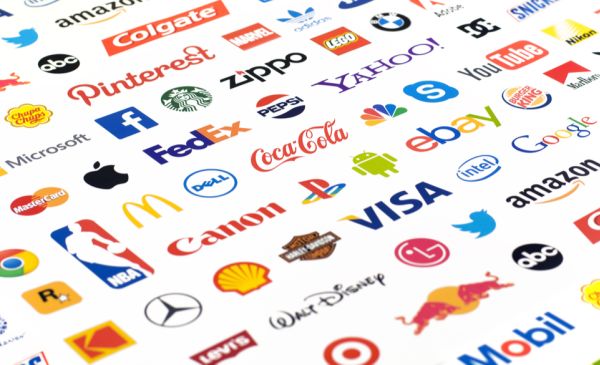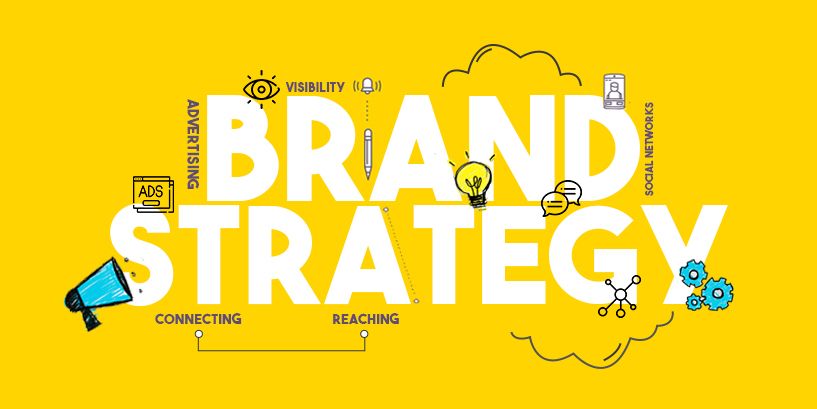In the past, brand positioning was considered extremely important for B2C businesses, but largely irrelevant for B2B businesses.
The majority of views were that:
- price is the driving force behind decision-making purchases in B2B
- B2B buyers are rational decision-makers unmoved by emotional factors, including brands
- relationship between sales reps and buyers and that the sales reps are more important than the brand
- B2B products are too complex to be reduced to a tagline
However, those views have changed, and most people now understand that branding is every bit as important for B2B businesses as for B2C businesses.
B2B buyers are people, and people are emotional. People largely make decisions relying on their first impressions of stored memories, images and feelings. These emotions impact economic decision making. In one sense, brands inherently operate on an emotional level by stimulating that part of the brain that stores emotional reactions. By nurturing the right brand associations in your prospects’ minds, you can begin closing the deal before the selling has even started. Trust can be achieved by being the dominant player in your market, or by achieving thought leadership early in the buying cycle.
The benefits of a strong B2B brand
B2B businesses can benefit greatly from a strong brand. A strong B2B brand:
- ensures your brand stands out and cuts-through in its category – it gives customers a reason to choose your brand over competitors
- creates customers with a predisposition towards your brand, and an increased willingness to try it
- shortens the sales cycle
- enables your brand to charge and sustain a price premium
- enables your brand to build trust with its key stakeholders – customers, employees, shareholders, distributors, partners, intermediaries etc.
- it creates loyal customers, advocates, and even evangelists, out of those who buy
- lowers sensitivity to price increases
- attracts and retains the best employee talent.
- the financial pay-off
Because brand-influenced emotional reactions impact buyer decision making, those companies with strong brands usually achieve better financial performance. In fact, McKinsey states that their analysis shows that B2B companies with strong brands outperform weak ones by 20 percent.
Examples of strong, successful B2B brands
Boeing
A global brand known around the world as the leading manufacturer of commercial aircraft, Boeing has successfully owned this positioning. However, from a B2B perspective, they are also leaders in manufacturing defence, space and security systems, with a vision to be the largest aerospace company with innovation at its core. Boeing’s focus on innovation attracts and retains the best talent, which is vital in a company that relies on the best and brightest to continually innovate in their industry.
MailChimp
The most recognised email marketing service provider, MailChimp has traditionally positioned themselves as the ‘lead in’ or ‘go-to’ email marketing tool for beginners or smaller businesses. Mailchimp has managed to grow the brand and its values into a more professional B2B offering that can scale as your business scales. Awareness, ease of use and technical integration abilities has driven larger companies to buy into the brand and remain loyal. By targeting beginners to email marketing, MailChimp also wins loyalty from users who don’t have time to learn a new system as their business grows.
Adobe
Adobe showcases its superior products direct to the consumer by utilising the branded house approach with each of their product offering (eg. Adobe Photoshop, Adobe Cloud, Adobe Spark), this has increased the awareness of their brand to consumers. Adobe’s B2B offering is positioned as more of a partnership than a product or service offering. Adobe has positioned the brand as the creative solutions partner for businesses. Therefore, Adobe has pitched their brand squarely at ‘creatives’ who are also seen as trendsetters or forward thinkers, and have thus altered their brand strategy.
Perpetual
Perpetual is an ASX-listed, diversified financial services company with three separate, yet connected lines of business. These are Perpetual Investments, Perpetual Private and Perpetual Corporate Trust. Perpetual is one of Australia’s largest and most awarded wealth managers, an expert adviser to high net worth individuals, families and businesses, and a leading provider of corporate trustee services. It’s a brand that has a very positive culture and prides itself on building teams around its strong investment philosophy and process, rather than creating “rock star” fund managers.
We’re proud to have assisted Perpetual across brand strategy development and see them as the most trusted financial services brand in Australia.



